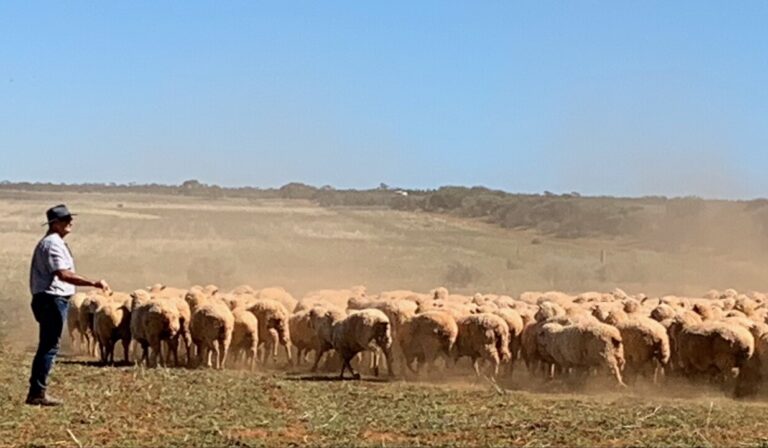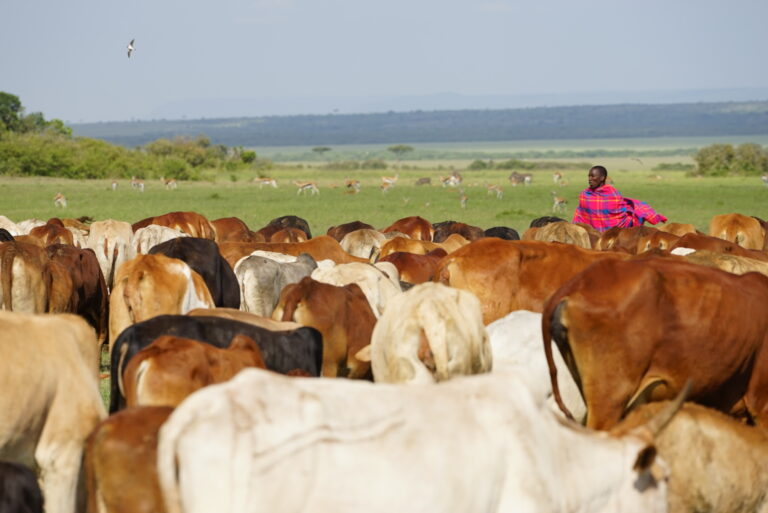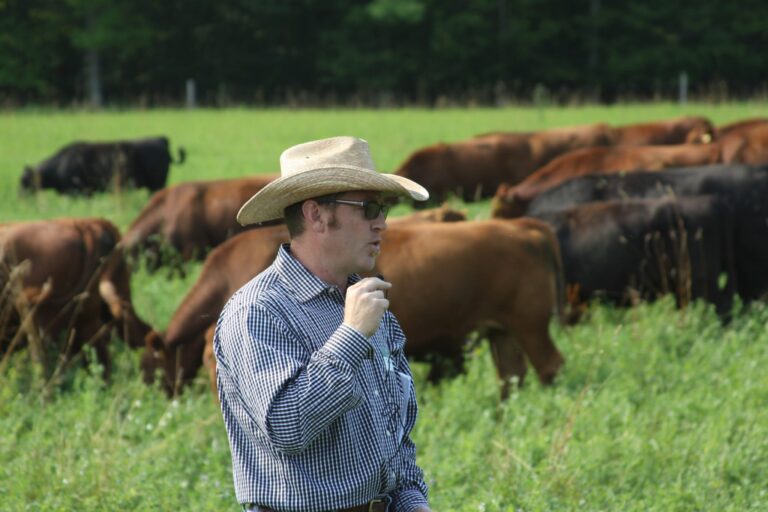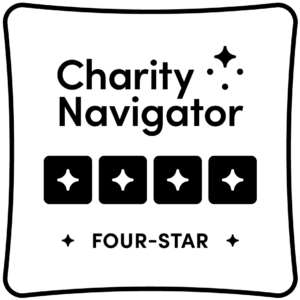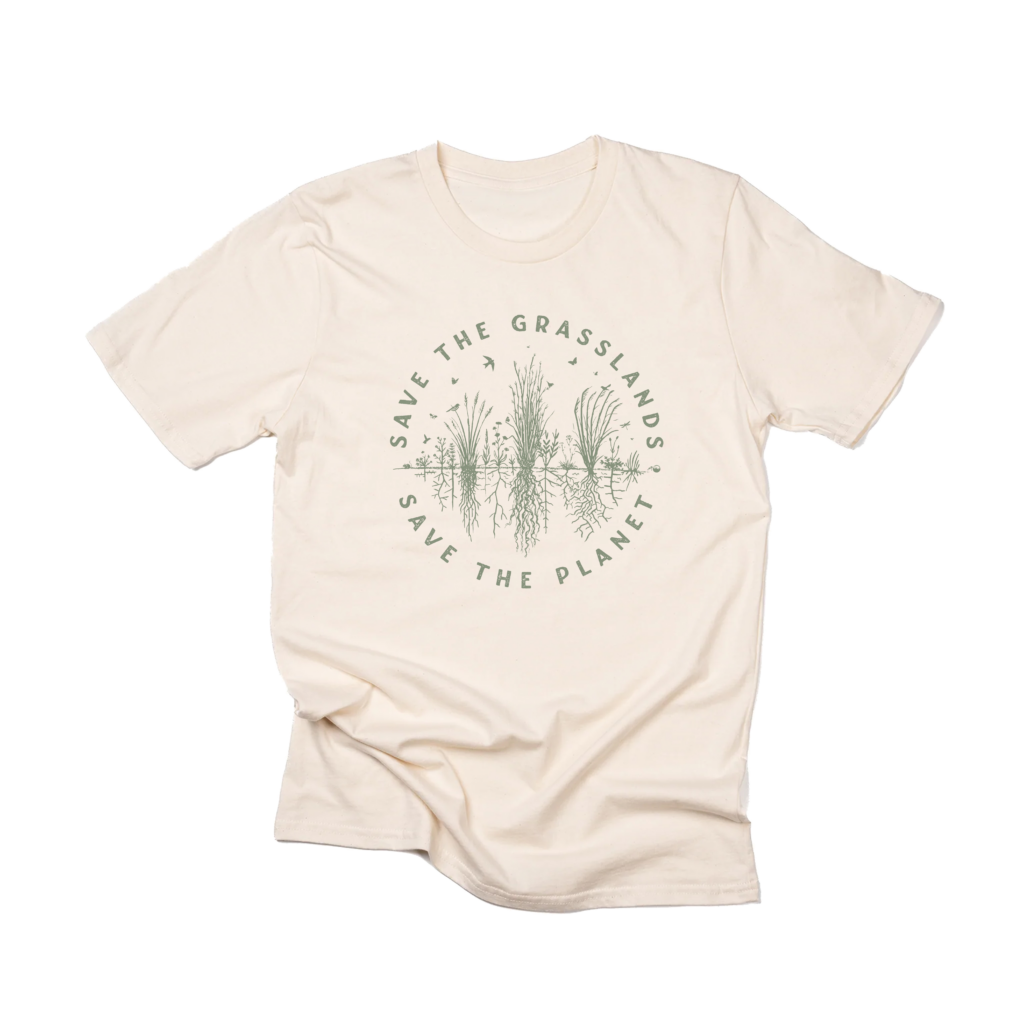This article is an excerpt from the World Textile Innovation Network’s “Wool from regenerative sources for the sports & outdoor market” report. In it, WTiN provides an in-depth overview of regenerative agriculture across the major wool-producing regions; outlines the plans to rapidly expand the use of regenerative practices – with exclusive information and insight from key players in each region; and examines the opportunities and challenges for wool from regenerative sources in the sports & outdoor market.
Key facets of the report include Savory Institute’s Ecological Outcome Verification protocol; Land to Market program; specific efforts of the South Africa (TruQuest), Argentina (Ovis 21), and UK (3LM) Savory Hubs; and initiatives of Land to Market partners Kering, Eileen Fisher, and HD Wool.
Another major wool-producing region aiming to drive greater adoption of regenerative practices is South Africa. A key player in this drive is TruQuest, Savory’s South Africa Hub.
Located in the Eastern Cape, an area of expansive grasslands known for beef and wool production, it provides training for commercial and communal farmers. The region is home to the largest group of communal livestock farmers in the country, and Savory notes that their “subsistence life is impacted by vast tracks of degenerating land – increasingly unable to sustain the number of animals on it.”
It states that the Hub’s core focus is therefore “training communal farmers in holistic management, to help restore the depleted grasslands and renew economic health in the communities through enterprise development.”
The total area of communal land in South Africa is 16 million hectares, and Savory notes that livestock farming forms the backbone of many poor rural communities in Africa. “Without restoring land through regenerative management, this way of life remains gravely threatened,” it states, adding that “the SA Hub’s vision is to be part of the regenerative solution in Africa.”
In October 2018, TruQuest delivered its first bales of regenerative wool to the market in Port Elizabeth, with 110 bales, weighing 16 tons in total, from Evenson Farms, a fourth-generation commercial operation in the Eastern Cape, carrying Savory’s EOV seal, indicating that the land from which the wool is sourced had been verified to be regenerating.
[Rolf Pretorius, the South African Savory Hub leader] points to growing interest among farmers in South Africa in regenerative agriculture, driven in part by the severe drought experienced in the country over recent years, while an extensive survey conducted in March by TruQuest found that the biggest concern among consumers across all issues relating to food, clothing and other products is the health of the soil.
Pretorius explains that farmers are keen to meet the growing demand for regenerative sourcing. “I believe we are heading to a future where if you’re not regenerative you will struggle to sell your product,” he asserts.
Farmers in South Africa are also beginning to see some of the financial benefits of implementing responsible farming practices, with Responsible Wool Standard (RWS)-certified wool attracting premiums of around 10% at auction. Pretorius notes that wool from regenerative farms is likely to attract similar premiums in the future.
Over the previous two decades, Neil Evens and his wife Robyn Conroy had implemented holistic management on their land and livestock, which had allowed them to restore their land base while increasing their stocking and production capacity.
Speaking in 2018, Evens said: “Over the last 20 years we have managed the land holistically and seen tremendous restoration of our veld [grasslands] and watershed.”
TruQuest leader Rolf Pretorius reveals to WTiN that there are currently four further commercial producers and five communal villages in South Africa – in total representing a combined 31,500 hectares – which are in the process of transitioning to holistic management and awaiting EOV verification.
He notes that with potential support from the textile industry, TruQuest aims to help another 50 wool producers achieve EOV verification, accounting for around 750,000 hectares, within the next three years, but he says that ultimately the aim is to convert around five million hectares across Africa within 5-10 years.
Pretorius points to growing interest among farmers in South Africa in regenerative agriculture, driven in part by the severe drought experienced in the country over recent years, while an extensive survey conducted in March by TruQuest found that the biggest concern among consumers across all issues relating to food, clothing and other products is the health of the soil.
Pretorius explains that farmers are keen to meet the growing demand for regenerative sourcing. “I believe we are heading to a future where if you’re not regenerative you will struggle to sell your product,” he asserts.
Farmers in South Africa are also beginning to see some of the financial benefits of implementing responsible farming practices, with Responsible Wool Standard (RWS)-certified wool attracting premiums of around 10% at auction. Pretorius notes that wool from regenerative farms is likely to attract similar premiums in the future.
